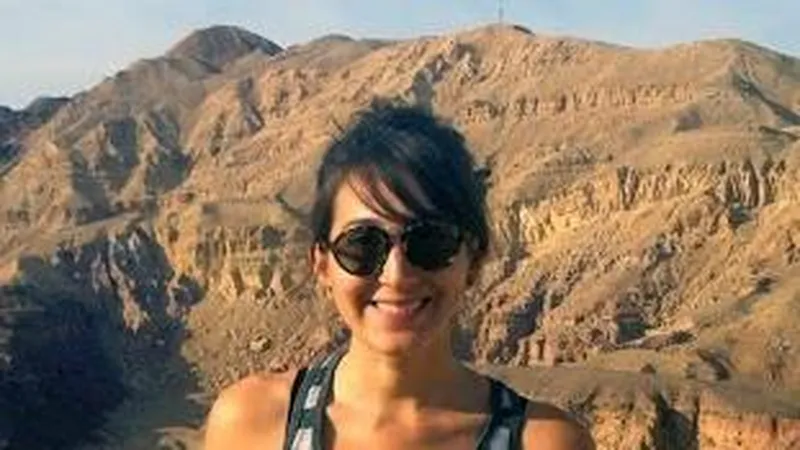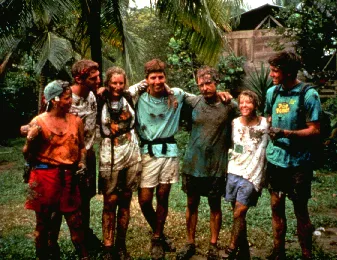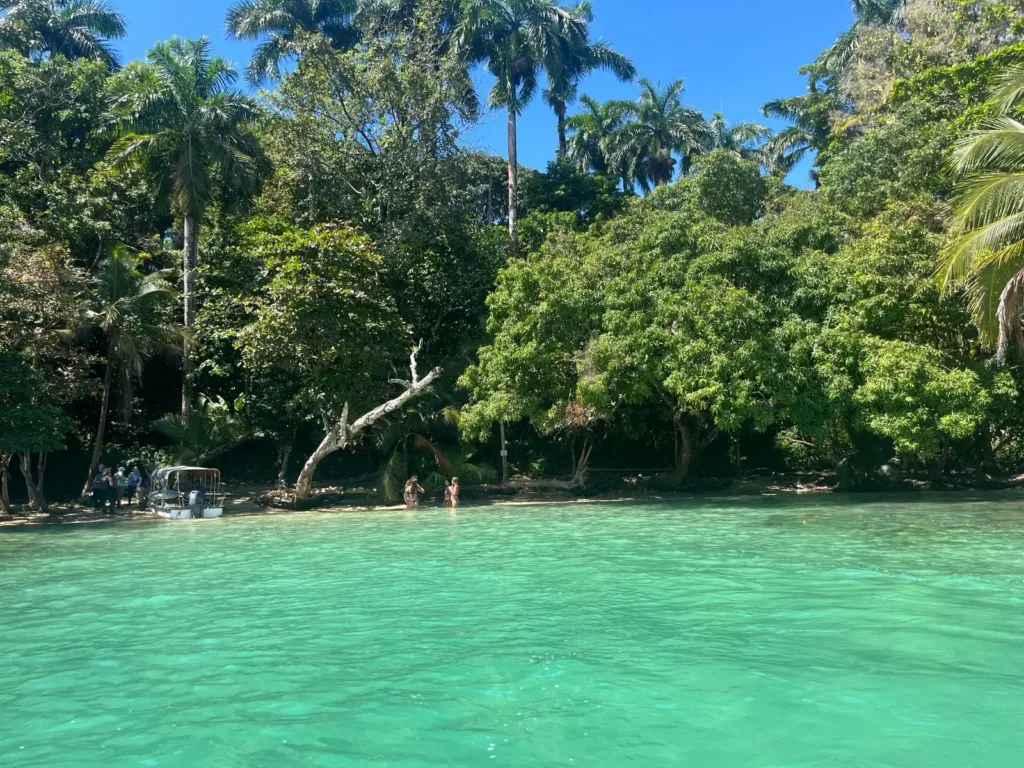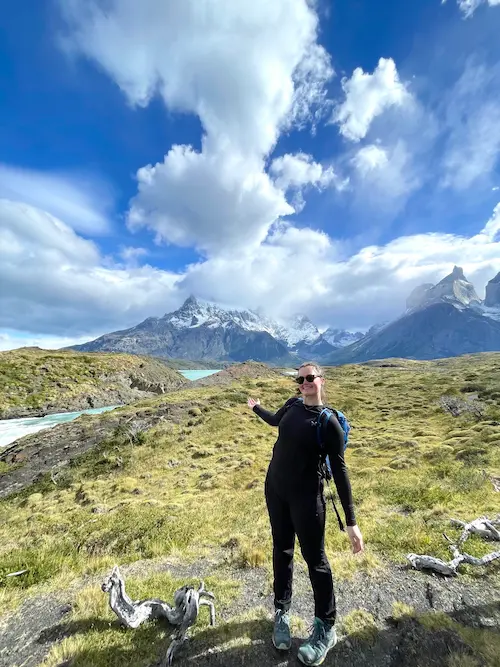
By: Alyssa Irizarry
Interview with SFS Board Chair Terry L. Andreas
Happy Earth Day! Around the world, more than one billion people are expected to participate in events and activities to promote a healthier planet. To mark the occasion, we sat down with Board Chair Terry L. Andreas, one of the organization’s founders, to hear her thoughts on the accomplishments and evolution of the School since the first programs were launched in the summer of 1981. Read her interview below with Priscilla C. Deck, Vice President for Institutional Advancement.
Priscilla C. Deck: When the idea to establish The School for Field Studies first came about, what did you hope to achieve? What was the philosophy and inspiration behind it all?
Terry L. Andreas: At that time, if you went around saying ‘environmental education,’ people responded by saying, ‘Well which is it – environmental or education?’ We thought those words should go together. From what we observed, people kept focusing on saving the trees on their own block and in their own backyard. That’s a nice thing, and I don’t fault it, but we didn’t think it would go very far in saving the planet. We thought students needed to know something about the larger world. Also, we thought people would learn things faster if they were doing them. And that is something I absolutely still believe in. Most other people believe that too now, but it was not true then.
PCD: How were the very first program themes and sites chosen?
TLA: No one else was doing this, so there wasn’t a model to follow. For the first five years, we only did summer programs, which meant we had to re-hire every teacher every year. So, we hired good field science researchers, and asked them what they wanted to do. But, after that, we developed a core curriculum and our Five Year Research Plan, and then we could hire faculty who wanted to learn and study the same things we did. And that’s a lot easier! It really is.
PCD: Well, I knew that pedagogically SFS had always been cutting edge, but I never realized how deep that went.
TLA: ‘Cutting edge’ is a nice soft way to say it. Sometimes we were blunt and dumb — out there in the front, like a small bulldozer trying to clear the way.
PCD: As the organization evolved, and the focus shifted to specific communities and locations, how did that come about? Was it all sort of coincidental or serendipity or…
TLA: In a way it was. We began to find that we could really work closely with a small town or a small community and do what they wanted us to do. Giving a project over to the community became a real part of the experience for the students. They not only found out that plastic bags were clogging the sewers, for example, they were also sharing the information with the community. Then, they turn the responsibility over to the community to decide what to do about it.
PCD: And how about deciding on specific sites? Why did we establish ourselves in Costa Rica rather than Ecuador, the Turks and Caicos rather than Alaska…how did it all come about?
TLA: Every decision and site choice was completely different. But for each one, we would ask: ‘Does the community want us?’ and ‘Can we easily feed and house our students?’ and ‘Are there teachable issues there?’
PCD: Those are essentially the same questions we are asking now in our new program development initiative.
TLA: Exactly. In many ways nothing has changed except for the fact that we’ve gotten better at doing it.
PCD: In the early days, we had many domestic programs. How did we make the decision to shift away from that?
TLA: What we found was that American students, if they are studying in their own country, they think they know the rules, the laws, and the reasons. They aren’t open-minded enough. If they go to a place where they don’t know the laws and the culture, they are much more alert and open to information. And also, we found that going abroad was more attractive to students who were looking to spend time away from their home school. Marketability of a program cannot be underestimated. If they are not tempted by the location, they do not go. And that makes sense. We all operate that way.

Related Posts


